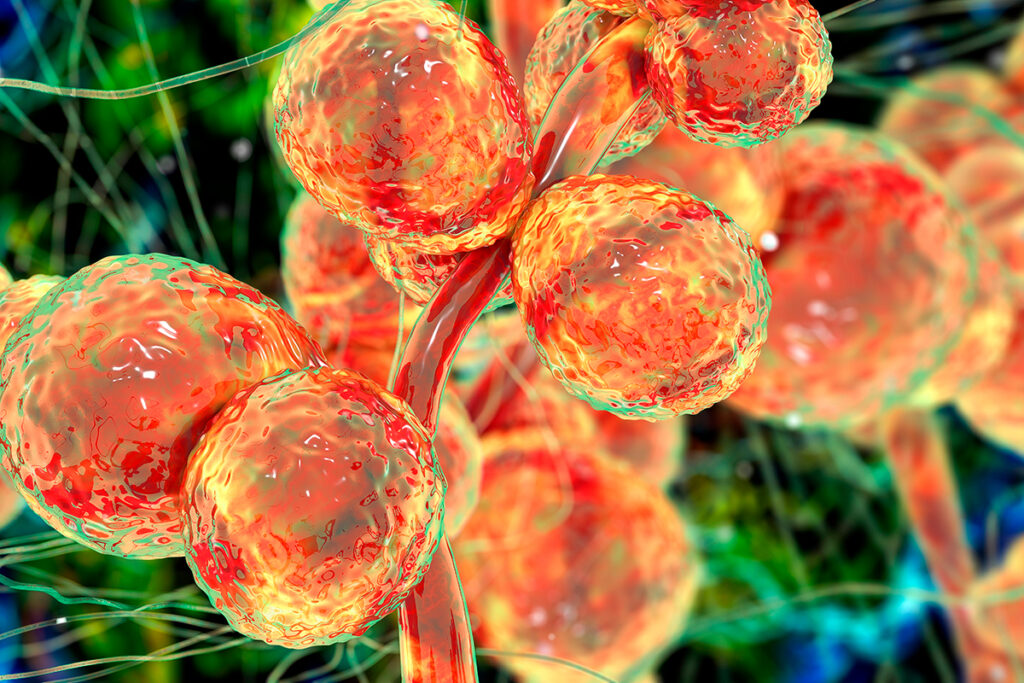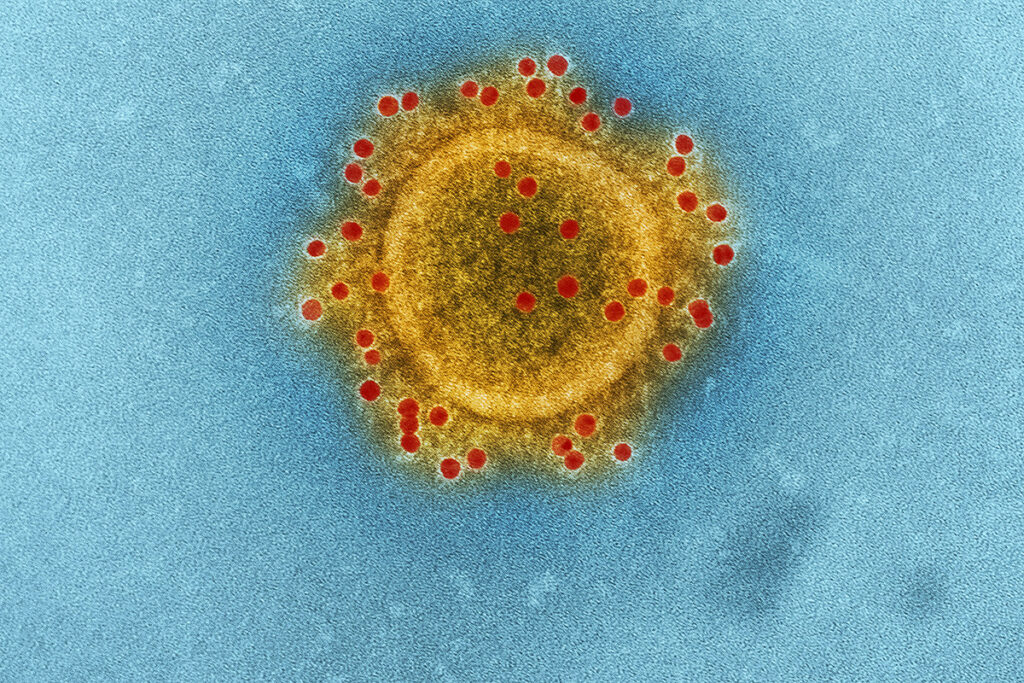Although the antiviral activity of type I interferon (IFN-I) has been known for several decades, it is still unclear whether the interferon response contributes to anti-fungal immunity. Entering the body, the fungi activate the Dectin-1 fungal pathogen recognition receptor, briefly stimulating the production of a small amount of interferon-beta (IFN-beta) and the expression of interferon-stimulated genes. Dectin-1 activates two independent signaling pathways that fine-tune the immune response. At the same time, when a virus enters the body, the RLR recognition receptor for viral pathogens is activated, which causes the production of a considerable amount of IFN-I.
Dutch scientists investigated the effect of interferon’s response on the body in fungal infections to understand why the fungus grows uncontrollably in some diseases.
What Happens in Anti-Fungal Immunity with Disrupted Interferon Response
Scientists were interested in the fact that Dectin-1 stimulates the production of interferon-beta only in a small amount. Scientists have tested what happens if:
- block the interferon receptor, preventing cells from responding to the produced IFN;
- add an excess amount of IFN-I by introducing IFN-beta.
The experiment was carried out on dendritic cells, on the surface of which the Dectin-1 receptor is present. When activated by Dectin-1, dendritic cells alter the function of T helper cells (Th cells) to generate an immune response.
Under normal conditions, T-helper cells developed into non-pathogenic Th17 cells, which produced the pro-inflammatory cytokine IL-17 and the anti-inflammatory cytokine IL-10, helping to suppress the fungal infection, but without causing tissue damage.
When scientists blocked the interferon receptor or added large amounts of IFN-I, many pathogenic Th17 cells developed, producing the pro-inflammatory cytokines IL-17 and IFN-gamma. These cells caused inflammation and tissue damage.
Why Pathogenic Th17 Cells Develop When Interferon Response is Impaired
Under normal conditions, dendritic cells produced the cytokine TGFβ, which blocked the production of IFN-gamma in T cells. When the scientists blocked or increased the IFN-I response, the dendritic cells did not produce TGFβ. The output of TGFβ was required to develop non-pathogenic Th17 cells during the anti-fungal immune response.
Clinical Significance
One of the reasons for developing severe fungal infections is errors in Dectin-1 signaling and/or an abnormal type I interferon response, which leads to the development of pathogenic Th17 cells that cause inflammation and tissue damage.
Abnormal type I interferon response and suppression of TGFβ production are observed in diseases in which pathogenic Th17 cells are involved. Diseases include rheumatoid arthritis, Crohn’s disease, and some cases of severe COVID-19. Both elevated and reduced levels of IFN-I are harmful. Therefore, restoring a normal IFN-I response may attenuate the pathogenesis of the disease.
Useful article, necessary information? Share it!
Someone will also find it useful and necessary:
Reference
Anti-fungal role for type I IFN as dectin-1 triggers non-pathogenic TH17 cell development



